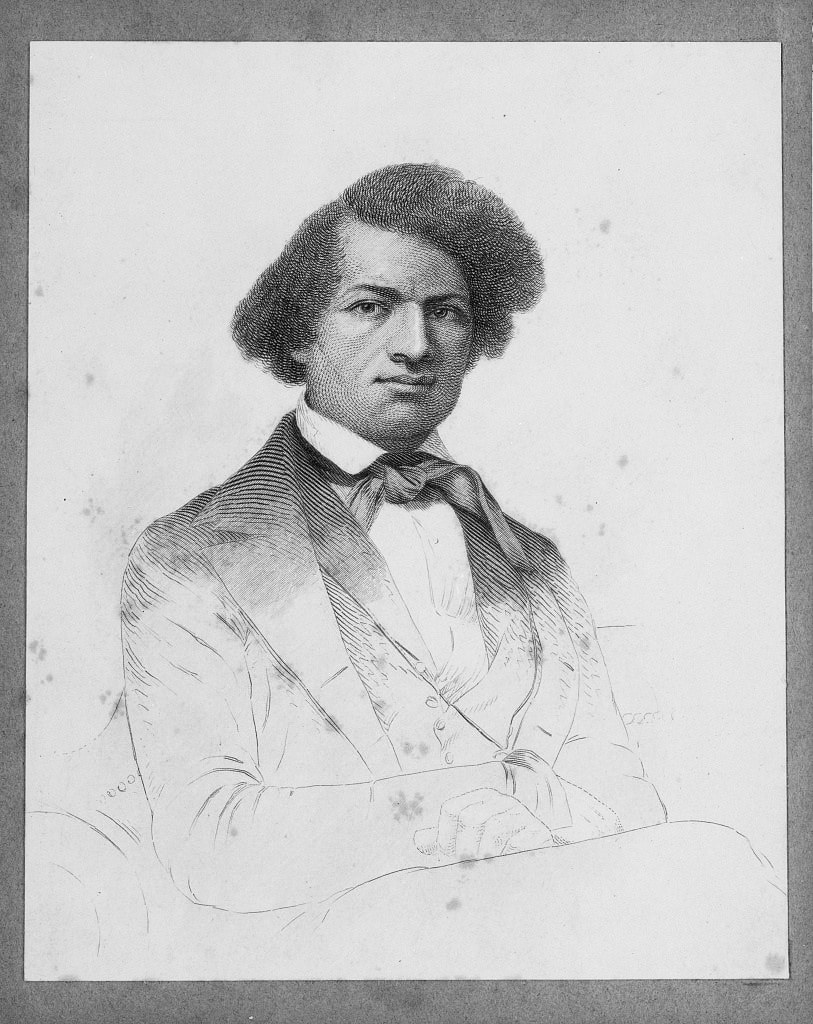Digital History
Digital technologies have expanded the reach of scholarship in the way scholars communicate their research to an audience and present findings, as well as influencing the questions they ask in planning a research project. Text analysis, data and text mining, mapping, data visualization, and a variety of other digital methods and tools make forms of research beyond the traditional text-based article or monograph possible, while also encouraging scholars to consider questions of data storage, visual presentation, and user engagement.
Digital History in Hiring & Career Advancement
Reviewers in Digital History
The AHA can connect you to digital historians who can assist with tenure and promotion cases that involve review of digital history projects. Contact Alexandra Levy, communications director, for assistance finding an appropriate reviewer.

Guidelines on the Professional Evaluation of Digital Scholarship by Historians (2015)
Historians whose expressive and methodological practices differ very little from print-era scholars should carry no special burden for explaining why their work appears in digital form save to provide basic information about practices of peer review, editorial control, and circulation that any scholar might be asked to supply about any publication during an evaluation process.

Guidelines for Broadening the Definition of Historical Scholarship (2023)
These guidelines lay the foundation for a broad expansion of what constitutes historical scholarship. It is by no means limited to the examples it invokes, or to academia and its standard professional ladders. Institutions in which historians work and individuals should use these guidelines responsibly.
Educational Resources
Teaching with #DigHist
Teaching with #DigHist was an Perspectives on History series geared toward instructors at every level who are thinking about using digital history projects in their classrooms. Each month, John Rosinbum, a high school and college instructor in Arizona, reviewed a digital history project, explore what sorts of historical questions it could help students answer, and provide learning-outcome driven, ready-to-use assignments.

May 21, 2021
Vetted Resources: Digital Collections

September 1, 2016
Digital Literacy
Digital History Glossary
This glossary of terms is intended to provide departments and committees evaluating scholars with brief definitions of some of the terms, concepts, and tools they may encounter in project descriptions, research statements, and evaluations.
Digital History in Perspectives
Students Critique a ChatGPT Essay
Historians today find ourselves on the bleeding edge of the artificial intelligence (AI) revolution. It feels like generative AI is…




